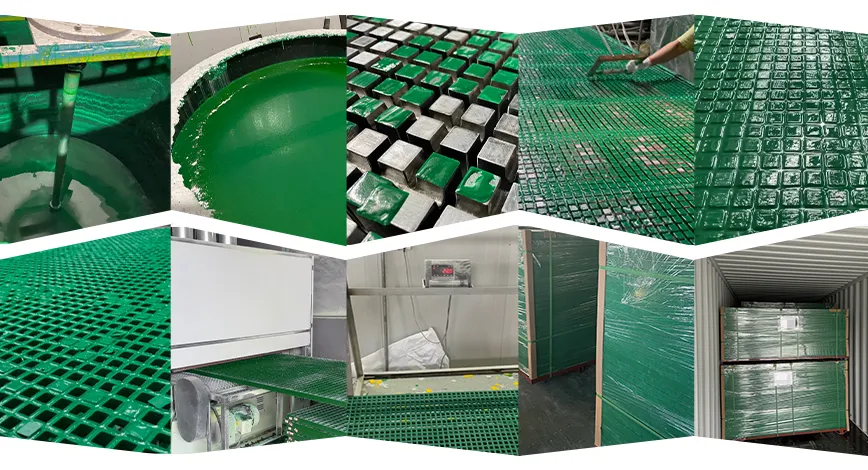loading...
- No. 9, Xingyuan South Street, Dongwaihuan Road, Zaoqiang County, Hengshui, Hebei, China
- admin@zjcomposites.com
- +86 15097380338
- Welcome to visit our website!
frp steel bar
The Advantages and Applications of FRP Steel Bars in Construction
Fiber Reinforced Polymer (FRP) steel bars have gained significant attention in the construction industry due to their unique properties and advantages over traditional steel reinforcement. This innovative material combines high strength, lightweight characteristics, and excellent corrosion resistance, making it an ideal choice for various construction applications.
The Advantages and Applications of FRP Steel Bars in Construction
Corrosion resistance is another outstanding feature of FRP steel bars that separates them from traditional steel. Conventional steel reinforcement is prone to rust and degradation when exposed to moisture, chemicals, and other environmental factors, leading to structural weakening over time. FRP bars, in contrast, are impervious to such issues. They do not corrode even in harsh environments, such as marine applications or structures exposed to deicing salts. This durability results in lower maintenance costs and extended service life, making FRP bars a cost-effective solution over the long term.
frp steel bar

The versatility of FRP steel bars allows them to be used in various applications, ranging from bridges and parking garages to residential buildings and tunnels. Their lightweight nature and corrosion resistance make them an ideal choice for reinforcing structures in challenging environments, such as coastal areas or where chemical exposure is a concern. Additionally, FRP bars can be customized to meet specific load requirements, ensuring optimal performance for different construction projects.
Sustainability is becoming an essential consideration in the construction industry, and FRP steel bars play a role in this movement. The materials used in their production are often sourced from recycled fibers, and their long lifespan reduces the need for frequent repairs and replacements, which in turn minimizes waste. By adopting FRP bars, builders can contribute to greener construction practices while enhancing structural integrity.
In conclusion, FRP steel bars represent a significant advancement in construction materials. Their lightweight, high strength, corrosion resistance, and environmental benefits make them an appealing alternative to traditional steel reinforcement. As the construction industry continues to evolve, the adoption of FRP steel bars is likely to expand, paving the way for safer, more durable, and sustainable structures that can stand the test of time.
-
GRP Structures: The Future of Lightweight, High-Performance EngineeringNewsJun.20,2025
-
FRP Water Tank: High-Performance Storage for Corrosive and Clean Water SystemsNewsJun.20,2025
-
FRP Square Tube: The New Industry Standard for Chemical and Structural ApplicationsNewsJun.20,2025
-
FRP Pultruded Profiles: The Ultimate Choice for Lightweight Structural StrengthNewsJun.20,2025
-
FRP Handrails: The Safer, Smarter, and Stronger Choice for Modern InfrastructureNewsJun.20,2025
-
FRP Grating: The Smart Solution for Durable, Lightweight Industrial FlooringNewsJun.20,2025
-
Why Choose a Galvanized Water Tank for Your Storage NeedsNewsMay.21,2025
